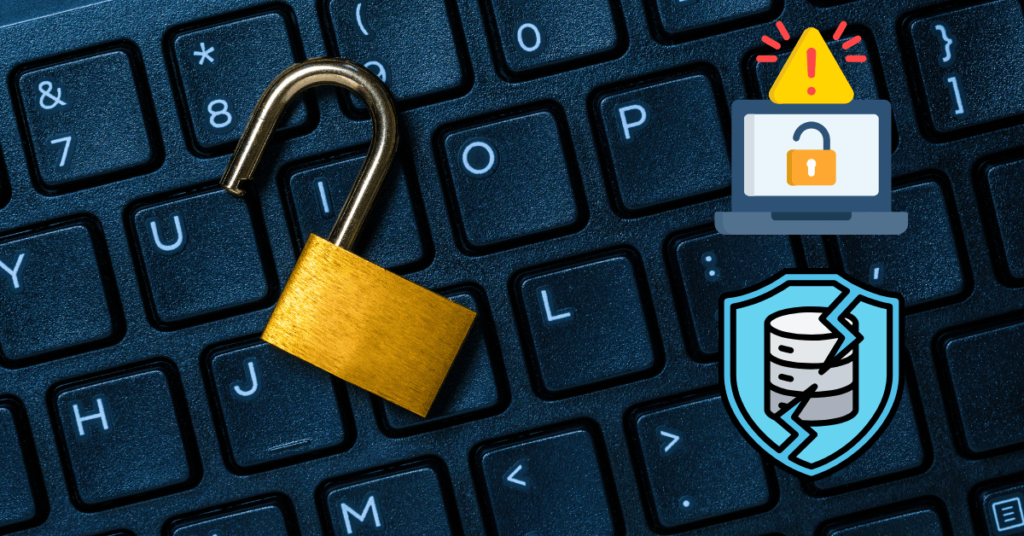In the digital age, businesses face an increasing array of cyber threats. Cyber insurance has become essential for mitigating the financial and operational impacts of these risks. This article explores ten critical reasons why cyber insurance is a must for businesses of all sizes.
1. Financial Protection Against Data Breaches
Data breaches are among the most common and costly cyber incidents, exposing sensitive customer and business information. Cyber insurance can help cover the costs associated with breach response, including:
- Customer notification: Informing affected individuals as required by law.
- Credit monitoring: Offering services to impacted customers to prevent identity theft.
- Legal fees: Managing potential lawsuits and regulatory fines.
Without cyber insurance, these expenses can become unmanageable, especially for smaller businesses.
2. Coverage for Business Interruption Losses
Cyber incidents, such as ransomware attacks or system hacks, can disrupt daily operations and cause revenue loss. Cyber insurance policies often include coverage for business interruption, compensating for lost income during downtime and helping businesses recover faster.
3. Legal and Regulatory Compliance Support
With data protection regulations like GDPR and CCPA, businesses must ensure compliance or face hefty penalties. Cyber insurance policies can provide resources for managing compliance-related costs, including legal defense and regulatory fines, when a breach impacts protected customer data.
4. Ransomware and Extortion Payment Assistance
Ransomware attacks are increasingly common, often demanding large sums to restore data access. Cyber insurance can cover ransom payments if necessary, as well as costs associated with negotiating with threat actors and restoring systems after an attack.
5. Protection for Third-Party Liability Claims
Cyber incidents affecting customers or partners can lead to third-party liability claims. Cyber insurance provides coverage for legal costs, settlements, and judgments related to these claims, protecting businesses from financial ruin in the event of a lawsuit.
Example of Third-Party Liability:
A retailer’s data breach exposes customer credit card information. Affected customers file lawsuits, and the company faces high legal costs. Cyber insurance can offset these expenses.
6. Access to Cybersecurity and Forensic Experts
Many cyber insurance policies include access to a network of cybersecurity professionals and forensic investigators. These experts help:
- Identify vulnerabilities exploited during the attack.
- Contain the incident to prevent further damage.
- Provide guidance on strengthening security post-incident.
Having access to specialists improves incident response efficiency and minimizes potential losses.
7. Brand and Reputation Protection
A cyber incident can harm a company’s reputation, causing customers to lose trust. Cyber insurance often includes public relations support to help manage the fallout from an incident, restoring customer confidence and protecting the brand.
8. Reducing the Cost of Employee Training and Prevention
Some cyber insurance providers offer discounted or even free cybersecurity training for employees. Since human error contributes to many breaches, training can significantly reduce risks. Insurers recognize this and often lower premiums for businesses that invest in proactive risk management practices.
Example of Risk Reduction:
An insurer may offer lower premiums if a business implements multi-factor authentication (MFA) or conducts regular employee phishing simulations.
9. Ensuring Faster Recovery from Cyber Attacks
A prompt response is crucial in minimizing the impact of a cyberattack. Cyber insurance provides access to resources for quick recovery, including technical support, data recovery, and guidance on system restoration. This support helps reduce downtime and resume business operations swiftly.
10. Peace of Mind for Business Owners and Stakeholders
In a landscape where cyber threats are unpredictable and ever-evolving, having cyber insurance provides peace of mind. Business owners and stakeholders can focus on growth and innovation, knowing they are protected against potential cyber-related financial losses.
Conclusion
Cyber insurance is no longer optional for businesses in the digital age. From financial protection to faster recovery and brand preservation, the benefits of cyber insurance are clear. Investing in a comprehensive cyber insurance policy not only safeguards a business’s assets but also helps ensure its long-term success in an increasingly complex cyber environment.
So that was all about this article. If you have any further questions feel free to comment down below!
FAQs
Is cyber insurance necessary for small businesses?
Yes, cyber insurance is essential for small businesses, as they are often targeted by cybercriminals and may lack the resources to recover from a major cyber incident.
Does cyber insurance cover all types of cyber incidents?
Cyber insurance typically covers many common cyber risks, but policies can vary. Always review exclusions with your insurer to understand what’s included and what’s not.
How can cyber insurance lower my business’s cybersecurity costs?
Some policies provide access to cybersecurity experts, discounted training, and resources for improving security. These benefits help businesses reduce vulnerability and lower overall cybersecurity expenses.
Where can I learn more about cybersecurity practices for small businesses?
The Cybersecurity and Infrastructure Security Agency (CISA) provides a wealth of information on best practices for businesses (CISA).




